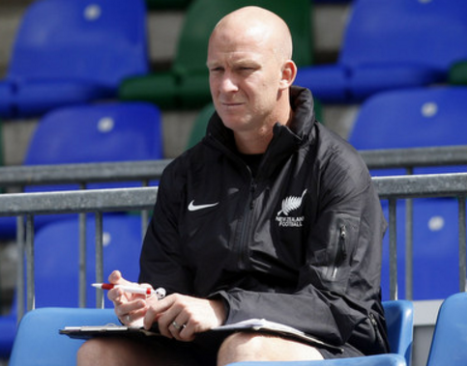With the World Cup now expanded to forty-eight teams it seems anyone and everyone, including their grannies, will be participating at future world cups to such an extent that even Oceania now have one guaranteed spot in the finals.
When this news first came out I was initially outraged, expanding the tournament to thirty-teams had already diluted the product so what would another sixteen teams do to an already overblown format? But then I began to think about it from a New Zealand perspective and I realised the potential this expansion had to the game here in New Zealand. Not only would it give the country added exposure and experience playing against the top teams but the knock on effect down right down to the grass roots of the game.
Young players would now have a chance to represent their country on the biggest stage in the game but those tentative shoots of promise shown as New Zealand under age teams make a ripple in the global game, would be less likely to peter out with a real prospect of participation in a global senior competition. No longer would we just be one of the warm ups who worked out the kinks for the host country in the warm up event but we would get a seat at the main table as well.
But of course there is always a fly in the ointment and in this case it is the murmurings across the pond that Australia may be considering a return to the Oceanic Football Federation but if they do, instead of doing the neighbourly thing and welcoming them with open arms, New Zealand football should make it as difficult as possible for the Aussies to return to the fold.
I know there are arguments that having New Zealand and Australia under the same banner would be good for the game in this part of the world but would it be good for New Zealand? Hasn’t the treatment of the Phoenix in the Australian press shown what they think of New Zealand football and how much they value it?
If Australia are to re-join the OFF then they need to prove they are doing so for the good of football in this region and not so they can have an easier ride through the qualification process. We all know Australia are the footballing powerhouse in this neck of the woods but if they want to come back then they at least need to appear to be doing it for the right reasons and I would suggest one way of showing this is to have at least one more New Zealand team in the A-League. Now what would Mark Bosnich think of that?






